|
Sustain Ontario’s Food Literacy Working Group submitted a Proposal to the Ministry of Education in July 2023 outlining recommendations for the government to further advance food literacy in Ontario. We await a reply from the Ministry of Education. Meanwhile, OHEA members can now read the Proposal as posted on the Sustain Ontario site here. We were proud to represent OHEA as one of 29 organizations involved and thrilled to work closely with like-minded professionals across the province.
1 Comment
The Coalition for Healthy School Food & Food Literacy (Sustain Ontario) held an excellent one- hour meeting with MPP Matthew Rae on March 15, thanks to connections made by Diane O’Shea, P.H.Ec., who also expertly facilitated the meeting.
Rae is MPP for Perth/Wellington (Diane’s riding) and was Parliamentary Assistant to Minister of Education Lecce, until March 10, when he moved to Municipal Affairs & Housing. In attendance via Zoom were available members of the Coalition: Sarah Keyes (Project Manager, Sustain Ontario), Dr. Peggy O’Neil, P.H.Ec., (Brescia University College), Janet Nezon (Rainbow Foods), Andrew Fleet (Growing Chefs Ontario) Jacob Keary-Moreland (PhD candidate Lakehead U.), Alicia Martin, (PhD candidate – U. of Guelph), Diane O’Shea and Mary Carver (OHEA), Matthew Rae and his Administrative Assistant, Peter Bury. The agenda included a brief history of our food literacy efforts, definitions and examples of food literacy in-action, and our commitment and passion for the topic. Also included were questions about next steps and whether Bill 216 can be revived after it lost its’ holding position when the government was prorogued pre-election. The Coalition’s goal is to find another MPP to champion Food Literacy after the retirement of MPP Daryl Kramp. We sensed good vibes from Mr. Rae who said, he’d “speak to Minister Lecce.” We await feedback and guidance. Rae who is originally from a Listowel-area dairy farm, appeared on-board with the Coalition’s concern for more food literacy K-12; but we know we must keep our finger on this topic. In March, out-of-the-blue, the government announced one mandated ‘Technology’ course effective in 2024 for all students to graduate from high school. Hospitality & Tourism is one Technology option, it does not, however, have the food literacy competencies we are seeking for all students to achieve a desirable quality of home and family life. “At the meeting with Mr. Rae, I was able to clearly reinforce that a Tech Hospitality course does not possibly address food literacy as a grade 9/10 Food and Nutrition course would,” said Diane O'Shea B.A., B.Ed., M.Ed., P.H.Ec., Family Studies Educator (Retired). “The new Tech requirement could negatively impact current food literacy taught in Food & Nutrition and Grade 9 Family Studies (FS) courses. Hamilton Social Science heads are concerned about the possibility of fewer students opting for FS courses when a Tech option becomes mandatory. The result could be insufficient numbers to offer FS courses every semester. At my school, we had only 3 sections of the HFN course running this 22/23 year as is, ” said Camille Naranjit, OCT, P.H.Ec., OHEA President. On March 27, Diane and Mary will attend a four-hour Food Forum Summit hosted by the Hon. Lisa Thompson, OMAFRA, via Zoom. Dr. Peggy O’Neil, P.H.Ec. will attend in-person at Queen’s Park. It’s important for OHEA to be a visible stake-holder and aware of government direction on food education. We remain dedicated to speak-up for Home Economists at every opportunity. Can we have success advocating for Food Literacy without a formal Bill? We await the answer. We do know that we are stronger together working with like-minded groups. Leadership at Sustain Ontario has been fantastic. Check out their new collaborative website of Teacher Resources: https://foodisscience.ca/ Original content from the Canadian Nutrition Society
Following productive discussions that occurred during the CNS Webinar entitled "Food Literacy: A Competency Progression Framework for Children & Youth" with Dr. Joyce Slater, a new "Food Literacy Progression for Children and Youth from 2-18 Years has recently launched! The Food Literacy Progression provides an organizational framework for food literacy development from ages 2-18 years. The Progression is a tool that can be used to support food education by demonstrating the importance and range of food-related capabilities in human development and the progression of knowledge, skills and attitudes required to become food literate. The Progression can be used in school and community settings by educators to plan, implement and evaluate food literacy programs, and advocate for resources. The Food Literacy Progression is available as a 12-page downloadable document on the FANLit website in the Seeds of Learning area. There is also a version that can be viewed online. Find more information on the Progression in the latest FANlit blog. You can also find many excellent food literacy teaching resources on the FANLit website. Original post from The Toronto Star. School meals and food literacy — our knowledge and skills regarding food — are not partisan issues. We’re counting on all parties to act together. By Peggy O’Neil and Alicia Martin (Contributors) All four of Ontario’s main political parties are showing leadership when it comes to school food and “food literacy” — our knowledge and skills in relation to food. This is timely, since the federal government recently committed $1 billion over five years to developing a national program for nutritious meals in schools. And since 2020, Ontario’s Progressive Conservative government has worked to integrate food literacy into the province’s school system. As researchers who study the impacts of school food programs and food literacy, we are excited about this momentum. Food literacy provides young people with tools to actualize their health and well-being and to participate in food systems. Access to nutritious food supports the well-being of children and youth, and helps make sure they are ready to learn. In October 2020, PC MPP Daryl Kramp gained wide support for introducing Bill 216, the Food Literacy for Students Act, which proposed making “hands-on skills learned in kitchens and gardens” a requirement from grades 1-12. While the bill sailed through first and second readings, further readings stopped when the government was prorogued in September 2021. Nonetheless, Kramp and the ministry of education ensured food literacy was incorporated into the revised science and technology curriculum for grades 1-8 and the new Grade 9 science course, and have spoken about their commitment to reintroducing Bill 216. On May 26, Sustain Ontario, Brescia University College and the Coalition for Healthy School Food hosted an all-party forum on school food and food literacy. We asked candidates how they would: advance food literacy as mandatory for grades 1-12; strengthen the conditions for experiential food literacy education; address Ontario’s annual investment in the Student Nutrition Program to accommodate rising food costs and greater demand; and work with the federal government on a national, universal healthy school food program. We were pleased to be joined by candidates from Ontario’s Green, Liberal and NDP parties. All were enthusiastic about the topic and emphasized that school meals and food literacy are issues that cross party lines. The candidates spoke to the need for more education about food and healthy eating, and the necessity of teacher training and funding for infrastructure. They also spoke about the valuable school food and food literacy programs in their ridings. In their party platform, the Greens have committed to “enhanced curriculum content on critical environmental topics such as food literacy and climate change” and to “implement a province-wide nutritious school lunch program.” The Liberals have committed to “providing a free Ontario-grown breakfast for every K-12 student who needs one by expanding the Student Nutrition Program.” The NDP platform makes commitments to invest in and support the broader school system, especially the environment. As Victor Hugo once wrote, nothing is stronger than an idea whose time has come. We believe the time has come for ideas about school food and food literacy. We are counting on all parties to act together for the health and well-being of our students, and for Ontarians to consider these important issues during the upcoming election. Peggy O’Neil is an assistant professor of food, leadership and social change at Brescia University College. Alicia Martin is a PhD candidate in geography at the University of Guelph. Original blog post from Rosie Schwartz, RD Where is food literacy headed for the students of Ontario?
We almost had it – legislation to teach critical life skills to Ontario students. Bill 216 – Food Literacy for Students Act, 2020 was to include the following: “The Education Act is amended to provide that curriculum guidelines shall require that courses of study be developed in experiential food literacy education and healthy eating for every grade from grade 1 through grade 12.“ In order to obtain their high school diplomas, students needed to learn about all aspects of food – from health and nutrition and food preparation skills but also about sustainable food systems, food production, food security and food safety. Bill 216 had unanimously passed second reading and, with its overwhelming support, seemed to be on its way to its final reading and Royal Assent. But then the premier prorogued the legislature in September 2021 which meant the bill had to be re-introduced and started again from scratch. A lot of work had already gone into developing a draft curriculum and as a result, was supposed to be re-introduced in February, 2022. But since the legislation wasn’t about cars and highways and actually promotes saving farmland, our government just didn’t get around to it. In March of this year, they did, however, include some changes to the science curriculum in various grades and while it was a start, it came nowhere near what Bill 216 would have accomplished. The Ontario Coalition for Healthy School Food, which involves national and provincial health, education, and indigenous organizations including the Ontario Home Economics Association (OHEA) has been working tirelessly to raise awareness about the importance of food and nutrition programs and food literacy education in Ontario schools. In a press release, OHEA states, “Connecting children and youth with healthy food, through school meals and education, has tremendous potential to improve the future of our province. Studies show that children and youth learn better when they are well-nourished and not hungry. Providing healthy and culturally appropriate food in school programs and teaching about growing, selecting, preparing, eating, and valuing food can play a critical role in promoting health and reducing chronic disease while strengthening Ontario’s economy and supporting the agri-food sector.” Next week on June 2, the people of Ontario go to the polls. And we need our candidates to speak up and make a commitment to the youth of Ontario. So what do the different political parties think about these issues? Together with Sustain Ontario, another province-wide, cross-sectoral alliance that has also been actively involved in promoting healthy food and farming, the Ontario Coalition for Healthy School Food and Brescia University College, they are providing an opportunity to find out at a virtual all-party event which will be live-streamed on Facebook. If you can’t watch it live, it will be available for viewing afterwards. The event will take place on Thursday, May 26th at 12 noon – 1 p.m. ET. The party leaders have appointed the following candidates as representatives. • Matt Richter, Green Party of Ontario, Parry Sound-Muskoka | 12 – 12:15 p.m. • Amanda Pulker-Mok, Ontario Liberal Party, Lanark-Frontenac-Kingston | 12:15 – 12:30 p.m. • Terence Kernaghan, Ontario New Democratic Party, London North Centre | 12:30 – 12:45 p.m. • TBD, Progressive Conservative Party of Ontario | 12:45-1 p.m. Candidates will answer the following four questions, provided to them in advance — If elected, what will you do to… 1. Advance food literacy as a mandatory part of the school curriculum for grades 1-12? 2. Strengthen the conditions for experiential food literacy education in Ontario schools? 3. Address Ontario’s annual investment in the Student Nutrition Program to accommodate rising food costs coupled with greater demand? 4. Work with the federal government on a national, universal healthy school food program? In our last election, about 57% of eligible voters cast a ballot. Our youth deserve better this time around. Watch the event and if you haven’t already cast your ballot, #VoteONFood. Where is food literacy headed for the students of Ontario? Read registered dietitian, Rosie Swartz's blog post here.
If elected, what will the parties do to support food literacy and healthy school food programs? Sustain Ontario invites you to join a virtual all-party event on Thursday, May 26th from 12 noon to 1 p.m. ET to hear from the following candidates that party leaders have appointed as representatives: Matt Richter, Green Party of Ontario, Parry Sound-Muskoka | 12 – 12:15 p.m. Amanda Pulker-Mok, Ontario Liberal Party, Lanark-Frontenac-Kingston | 12:15 – 12:30 p.m. Terence Kernaghan, Ontario New Democratic Party, London North Centre | 12:30 – 12:45 p.m. TBD, Progressive Conservative Party of Ontario | 12:45-1 p.m. The event will be live-streamed on Facebook and available for viewing afterward. It will be moderated by Dr. Peggy O’Neil of Brescia University College. Candidates will answer the following four questions, provided to them in advance — If elected, what will you do to…
To learn more about why we need healthy food and food literacy in Ontario schools, visit Sustain Ontario's 2022 #VoteONFood campaign here. This event is hosted by Sustain Ontario, the Coalition for Healthy School Food and Brescia University College. Great news, OHEA Members! Sustain Ontario is hiring for the joint position of Food Literacy Project Coordinator and Ontario Coalition for Healthy School Food Chapter Coordinator!
This is a contract for a full-time position from mid-May, 2022 to March 31, 2023 with the potential for extension. This is a wonderful position for Home Economists who have an interest in food literacy. Applications are due Thursday, April 21st, 2022, at 5pm EST. Job posting details are available on the Sustain Ontario website. The Private Member’s Bill 216 was introduced by Daryl Kramp, MPP for Hastings, Lennox & Addington in October 2020.
https://www.ola.org/en/legislative-business/bills/parliament-42/session-1/bill-216 Bill 216 passed the first two readings easily and was awaiting its final reading when the September 2021 Federal election was called. All incomplete Bills were postponed when the Ontario government was prorogued for the Federal election. Covid and Mr. Kramp’s personal illness may have added to the delay of Bill 216. To prorogue is “to: discontinue a session of (a parliament or other legislative assembly) without dissolving it.” Merriam-Webster Dictionary We are told that the Bill is expected to be re-introduced to the Legislature in the Spring of 2022 and, as is the custom, will likely be given a new number. Mr. Kramp’s goal is to get Bill 216 though the legislature by April, 2022. In a January 2022 update, Mr. Kramp states, “Bill 216 will create a larger role in the curriculum for Ontario students to learn tips about healthy eating, cooking and purchasing habits. Stake holders and organizations such as the Canadian Cancer Society, Heart and Stroke Foundation and Canadian Diabetes Association are firmly backing this idea.” https://inquinte.ca/story/look-ahead-hla-mpp-daryl-kramp To date, OHEA has written three letters in support for Bill 216:
https://cns-scn.ca/education-portal/view/food-literacy-a-competency-progression-framework-for-children-youth Curriculum content and who will be teaching food skills and nutrition are concerns for OHEA. The OHEA Board advocates for fully qualified teachers certified as Family Studies Educators to ensure consistent, accurate nutrition information. When and if more letters to MPP’s are requested, OHEA will contact its members to help support the Bill. Waiting for correct timing and a newly assigned Bill number should better help to direct your letters in the right direction. Thank you to OHEA members for their continued interest and support. Mary Carver, P.HEc. By: Getty Stewart, P.H.Ec. of www.gettystewart.com
For the original post, please click here The Annual Food Price Report predicts rising food prices for 2019. The annual predictions prepared by a joint group from Dalhousie University and the University of Guelph have just been released and given the political and economic uncertainty across our borders, climate change and general eating trends, most of the predictions don’t come as a surprise By: Lela Hopper, OHEA Student Member Individuals need the best of both worlds when purchasing local foods, here's why. During a previous summer, my family signed up for a community supported agriculture (CSA) box. The summer consisted of picking up a small box of food once a week at a local meeting spot. The contents of the box came from a 100 km radius from our house.
We didn’t know what we were getting each week, and it was interesting to talk to the farmer and learn how to cook and store these new foods. The box contained seasonal vegetables, fresh herbs that we could plant, and a variety of canned products like pickles and beets. |
The Ontario Home Economics Association, a self-regulating body of professional Home Economists, promotes high professional standards among its members so that they may assist families and individuals to achieve and maintain a desirable quality of life. Categories
All
Archives
December 2023
|
|
Subscribe to our mailing list
|
|
Unsubscribe from our mailing list
|
Copyright © 2023 Ontario Home Economics Association (OHEA). All Rights Reserved.


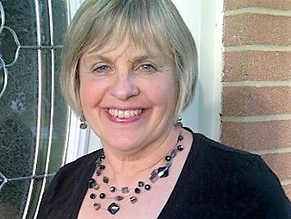
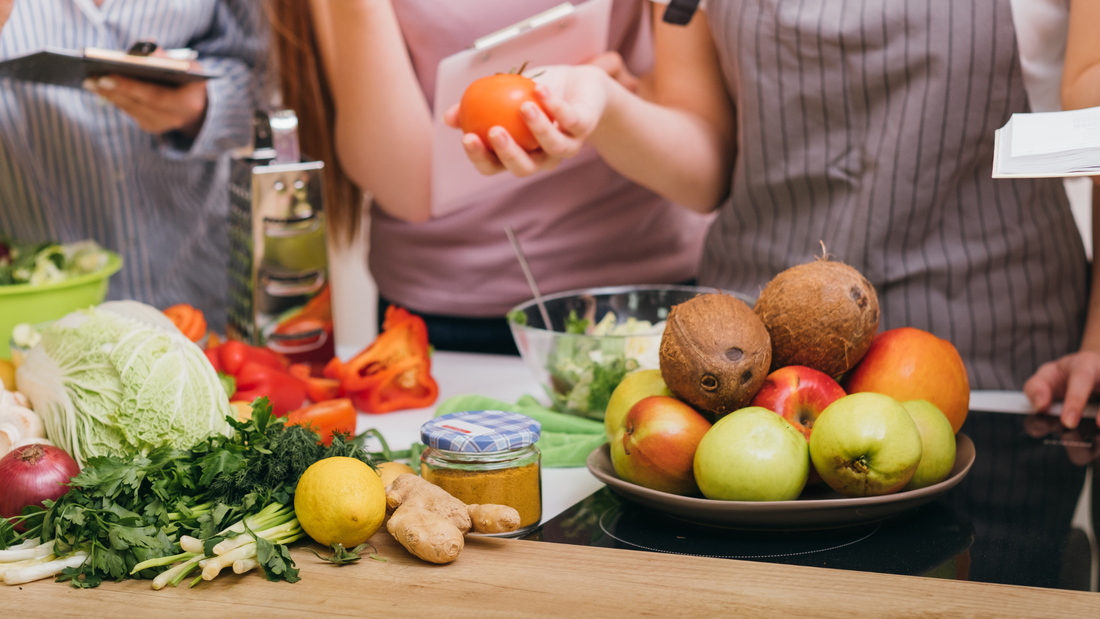

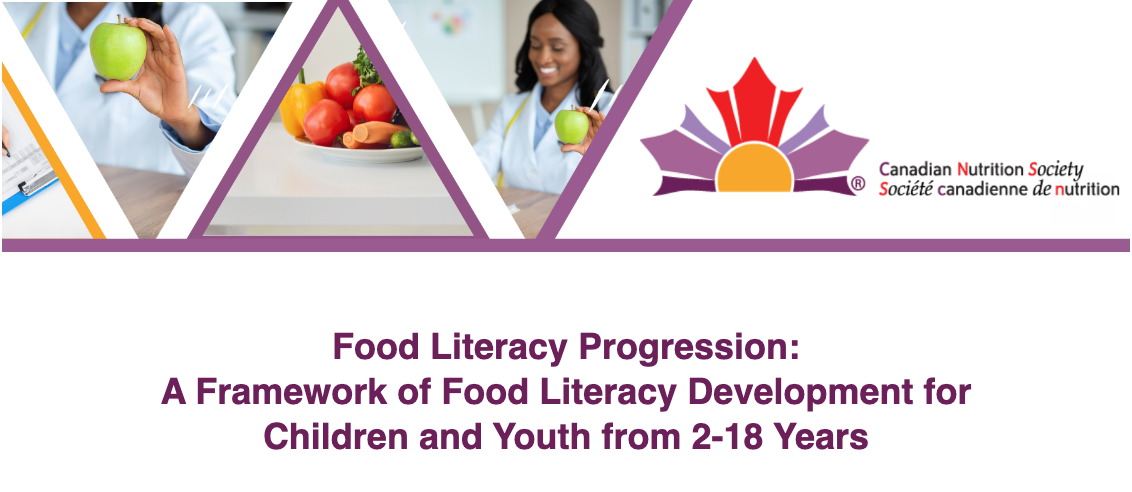


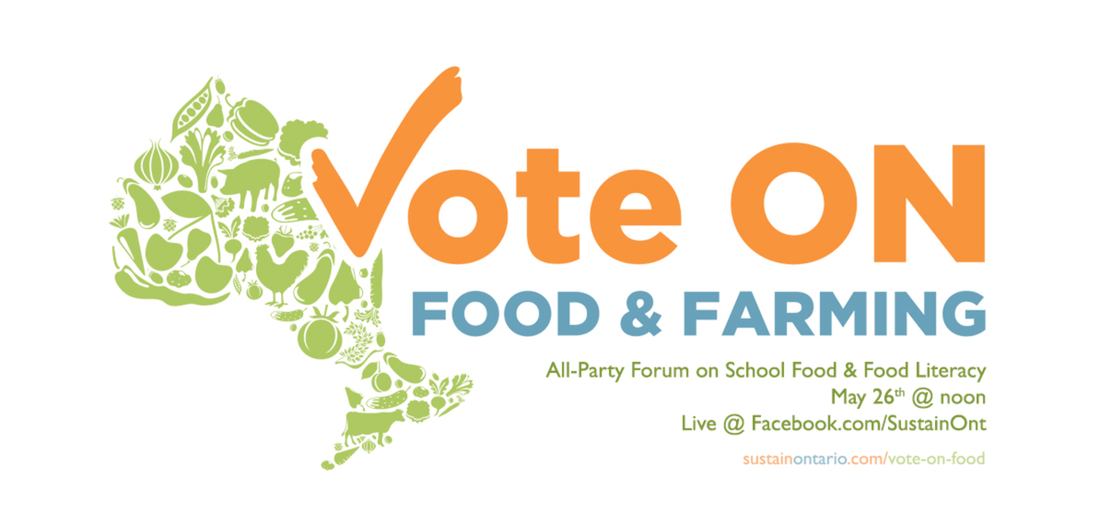

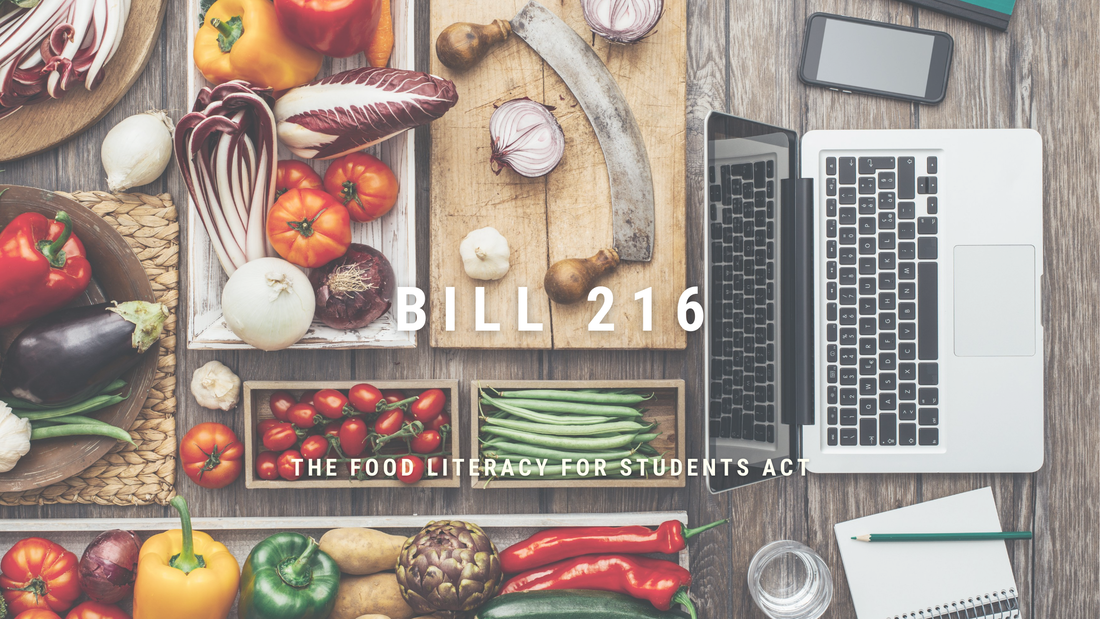
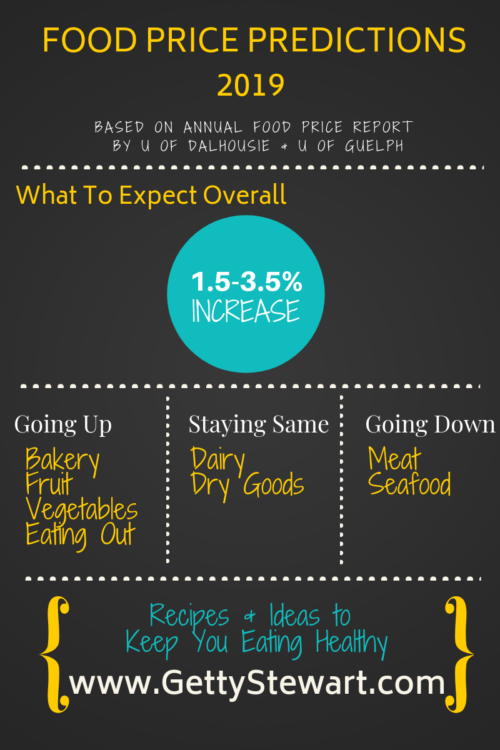
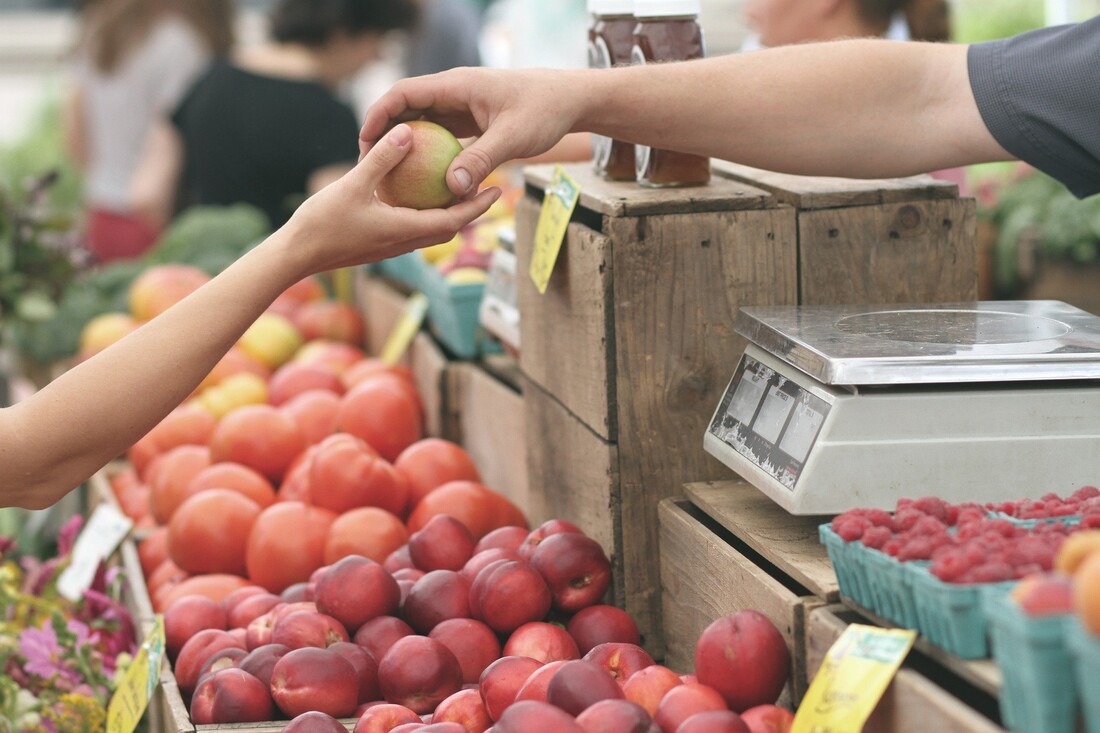

 RSS Feed
RSS Feed